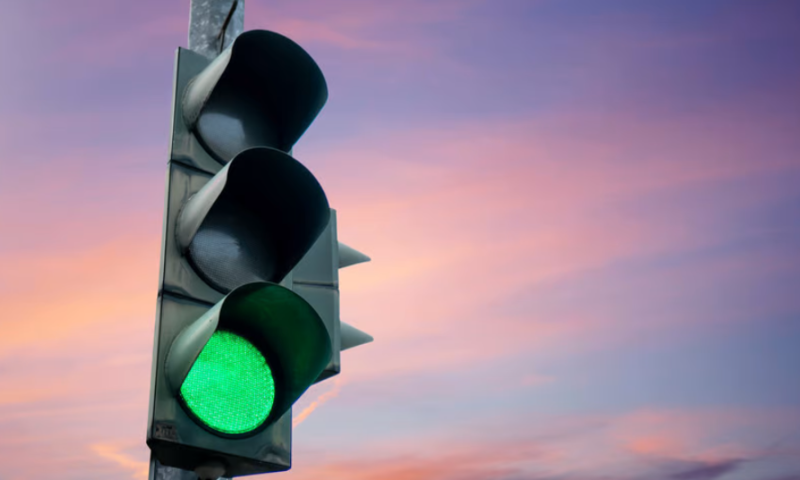UniQure is looking to jump-start a phase 1/2 trial for a Huntington’s disease gene therapy after a safety monitoring board gave the go-ahead for dosing to resume.
The decision will allow uniQure to finish off dosing in the high-dose cohort for AMT-130, according to the company’s third-quarter earnings report released Wednesday. In August, the company disclosed that it was halting dosing in the higher of two dosing groups after three patients enrolled at European sites were hospitalized. Symptoms among the patients varied, but all three experienced either nausea or vomiting and one patient had yet to fully recover at the time of the disclosure. UniQure says all three patients have now recovered.
Nearly three months since the pause, uniQure has established some additional guardrails to limit adverse events, including a seven-day, in-person visit within the first two weeks after surgery. AMT-130 is surgically administered directly into the striatum region of the brain with three different infusions. The company’s data safety monitoring board did not provide any recommendations with respect to administering immunosuppressants and continued to place discretion at the feet of physicians.
With dosing set to resume, uniQure is hoping to wrap up enrollment in the open-label European trial in the first half of 2023. The company is aiming to bring on five more patients in the higher-dose cohort, joining six in the lower-dose group. An ongoing randomized, controlled phase 1/2 trial of the therapy in the U.S. is slated to read out in the middle of next year.
The resumption of the open-label trial and recovery of the patients likely brings an extended sigh of relief from uniQure’s top brass after it had touted promising data for AMT-130 in June. No issues were identified among six patients treated with the lower dose as part of the randomized U.S. trial. UniQure also reported a nearly 54% reduction in the huntingtin protein among treated patients compared to placebo.
Wall Street rewarded the company for the resumption, with shares up 8.5% before the market opened Wednesday, from $18.84 apiece to $20.44. As part of the earnings report, uniQure says it has more than $440 million in cash on hand, enough to last into the first half of 2025.
While the company welcomed the news on AMT-130, uniQure continues to anxiously await a decision on its lead asset, etranacogene dezaparvovec, for hemophilia B. The med was originally under priority review in both the U.S. and Europe, but regulators across the pond downgraded it to a standard review in July citing a timeline crunch.

